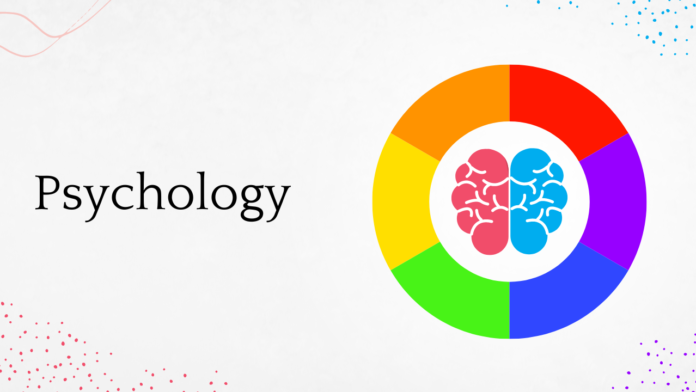As per the American Psychological Association, psychology is the scientific exploration of both mind and behavior. It encompasses various subfields, including human development, sports, health, clinical studies, social behavior, and cognitive processes. Additionally, it encompasses theories that view human functioning (known as humanistic psychology) as a result of interactions between internal drives and forces, particularly within the unconscious mind and different structures of the personality.
This blog will examine the importance of different departments of psychology, such as clinical psychology, social psychology, and developmental psychology.
Psychology of behavior
In a most basic sense, Behavioral psychology is a theory suggesting that the environment shapes human behavior. In the middle of the 20th century, behavioral psychology influenced thought heavily. Since its concepts and theories remain relevant in a wide range of fields, such as psychotherapy and education, mental health professionals still use it to this day.
The following behavioral psychology techniques are used:
Experiencing fearful situations and responding to them (exposure and response prevention)
Using systematic desensitization (for clients with specific phobias)
Economy of tokens (reinforces target behavior)
The process of modeling (involves clients learning behavior)
Individuals receive vouchers as part of contingency management
Applied behavior analysis (modification of behavior)
Psychology in Clinical Practice
In clinical psychology, mental, emotional, and behavioral disorders are diagnosed and treated.
The role of a Clinical Psychologist is to:
An experienced clinical psychologist treats patients across the lifespan, with issues ranging from anxiety and depression to more severe mental illnesses like schizophrenia and bipolar disorder.
Clinical psychologists evaluate an individual’s mental health by using psychological tests, interviews, and other assessment tools.
In order to help individuals manage or overcome their issues, clinical psychologists may use a variety of therapeutic approaches, including cognitive-behavioral therapy (CBT), psychoanalysis, humanistic therapy, and integrative methods.
Clinical psychologists research mental health conditions and develop new treatments. They may also teach at universities and supervise students in clinical training.
Psychology of cognition
Studying internal mental processes, such as thinking, memory, attention, decision-making, learning something new, and dealing with colleagues. It can also help people with psychological issues.
Between the 1950s and 1970s, this field of psychology grew rapidly.
The following are some of the key concepts:
Cognitive psychologists study how we recognize objects, faces, patterns, and depth, as well as how we perceive color.
Cognitive psychology examines how information is encoded, stored, and retrieved. Researchers study short-term, long-term, and working memory, as well as forgetting processes.
Cognitive psychologists study how attention works, how it can be divided or sustained, and how it influences other cognitive functions.
Cognitive psychology examines how language is acquired, how it is structured in the brain, and how it is related to thought.
Psychology of development
As individuals, we continuously evolve over the course of our lives, from conception until our passing. Developmental psychology delves into the various physical, cognitive, emotional, and social transformations that occur as we age. In order to comprehend and elucidate these changes, psychologists strive daily. While many of these obstacles are normative and foreseeable, there are times when individuals require additional assistance in managing them. By identifying key milestones, professionals can identify potential challenges and provide early intervention for better outcomes. Therefore, some psychologists work with people of all ages to remove barriers and foster development. Conversely, others prefer to specialize in a particular age group such as childhood, adulthood, or old age.
Developmental psychologists assist with a variety of issues, such as:
Childhood and adult cognitive development
Learning disabilities and developmental challenges
Development of emotional intelligence
Learning a language
Development of motor skills
Influences of social and cultural factors on child development (about child psychology)
Psychology of Social Behavior
Additionally, social psychology is a scientific field. As a result of the relationship between mental states and social situations, feelings, and behaviors, social psychologists explain human behavior as a result of how these variables influence social interactions. Social psychology studies how thoughts, feelings, and behaviors are affected by the presence, imagined presence, and implied presence of others.
The study of social psychology today is devoted to understanding the complex interaction between social factors and human behavior. Specific areas of study include:
Attitudes and dynamics of groups
Relationships with others
Prejudice and implicit bias
Activity related to crime
In conclusion
The vast and diverse field of psychology aims to unravel the intricacies of human cognition and behavior. With its historical roots in philosophy and subsequent evolution as a scientific discipline, psychology now encompasses various subfields that examine different facets of human experience. Whether through analyzing environmental influences on behavior in behavioral psychology or delving into the complexities of mental processes in cognitive psychology, this discipline yields valuable insights into the Human condition.



